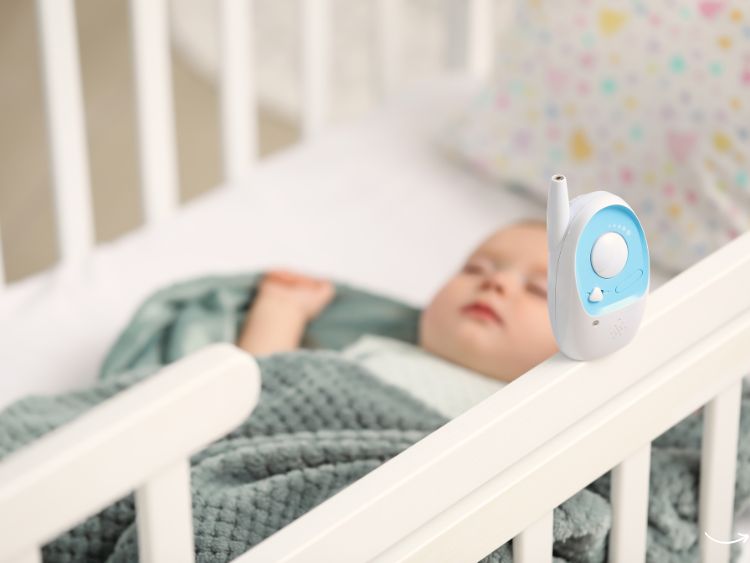So, you’ve noticed some little red bumps on your baby’s face? Don’t panic! It’s likely baby acne, a common condition that affects many newborns. Though it can be concerning for parents, baby acne is usually harmless and often clears up on its own. In this article, we’ll delve into the ins and outs of baby acne, including what it is, why it happens, how to treat it, and tips for prevention. Let’s dive in!
What Is Baby Acne?
Baby acne, also known as neonatal acne, typically appears as small red or white bumps on the cheeks, nose, and forehead. It usually develops within the first few weeks after birth and can last anywhere from a few weeks to a few months. While baby acne may resemble adult acne, it’s not the same and is often caused by hormonal changes that occur in newborns.
Common Characteristics of Baby Acne
- Appearance: Small, red, or white bumps, often mistaken for pimples.
- Location: Most commonly found on the cheeks, forehead, and nose.
- Duration: Usually resolves within a few weeks to months.
What Causes Baby Acne?
The exact cause of baby acne isn’t entirely clear, but several factors contribute to its development. Here are a few likely culprits:
- Hormonal Changes: Just like during puberty, the surge of maternal hormones can trigger baby acne.
- Skin Oil Production: Newborns may produce excess oil, which can clog pores and lead to breakouts.
- Environmental Factors: Heat, humidity, and irritation from products can also play a role.
Key Factors Contributing to Baby Acne
- Maternal hormones passed to the baby during pregnancy.
- Overactive sebaceous (oil) glands.
- Friction or irritation from clothing or blankets.
- Certain skincare products that may not suit a baby’s sensitive skin.
How to Treat Baby Acne
Most of the time, baby acne doesn’t require treatment. However, if you’re looking for ways to manage it, here are some gentle options:
1. Keep It Clean
- Gentle Cleansing: Use lukewarm water and a mild baby soap to wash your baby’s face once a day. Avoid scrubbing, as this can irritate the skin further.
- Pat Dry: After washing, gently pat the skin dry with a soft towel.
2. Avoid Irritating Products
- Skip Lotions and Creams: Avoid heavy lotions or creams that may clog pores.
- Choose Gentle Baby Products: Look for hypoallergenic products designed for sensitive skin.
3. Dress Wisely
- Breathable Fabrics: Dress your baby in loose, breathable clothing to prevent overheating and irritation.
- Keep Baby Cool: Ensure your baby isn’t too warm, as heat can exacerbate baby acne.
4. Be Patient
- Time Heals: Most cases of baby acne resolve on their own. Give it time, and try not to stress too much!
5. When to See a Doctor
If the acne worsens or doesn’t improve after several weeks, it might be wise to consult a pediatrician. They can rule out other conditions, such as eczema or allergies.
Preventing Baby Acne
While you can’t completely prevent baby acne, there are some steps you can take to minimize its chances:
1. Keep the Environment Comfortable
- Control Humidity: Keep your home at a comfortable temperature and humidity level to avoid skin irritation.
- Ventilate: Ensure your baby has plenty of airflow, especially during warm weather.
2. Maintain Good Hygiene
- Wash Hands: Always wash your hands before touching your baby’s face.
- Limit Face Touching: Keep fingers away from the face to prevent irritation and transfer of oils.
3. Be Mindful of Diet
- Breastfeeding: If you’re breastfeeding, your diet can impact your baby’s skin. Avoid foods that might cause reactions in your baby.
FAQs About Baby Acne
What if my baby’s acne looks infected?
If the bumps appear to be swollen, red, or oozing, it’s best to consult your pediatrician to rule out infection.
Can baby acne leave scars?
Typically, baby acne doesn’t leave scars since it usually resolves before significant skin damage occurs.
Is baby acne the same as eczema?
No, baby acne is different from eczema. Eczema typically presents as dry, itchy patches, while baby acne consists of small bumps.
When does baby acne usually go away?
Most cases of baby acne clear up by the time the baby is three months old. However, every baby is different, so it may take longer for some.
Conclusion
In summary, baby acne is a common and usually harmless condition that many newborns experience. Understanding its causes and knowing how to treat and prevent it can help ease any concerns. Remember, most cases resolve on their own, so try to be patient. If you have any concerns about your baby’s skin, don’t hesitate to reach out to your pediatrician for advice.
Authoritative Links
- American Academy of Pediatrics: https://www.aap.org
- Mayo Clinic on Baby Acne: https://www.mayoclinic.org
- KidsHealth on Baby Skin Conditions: https://kidshealth.org

